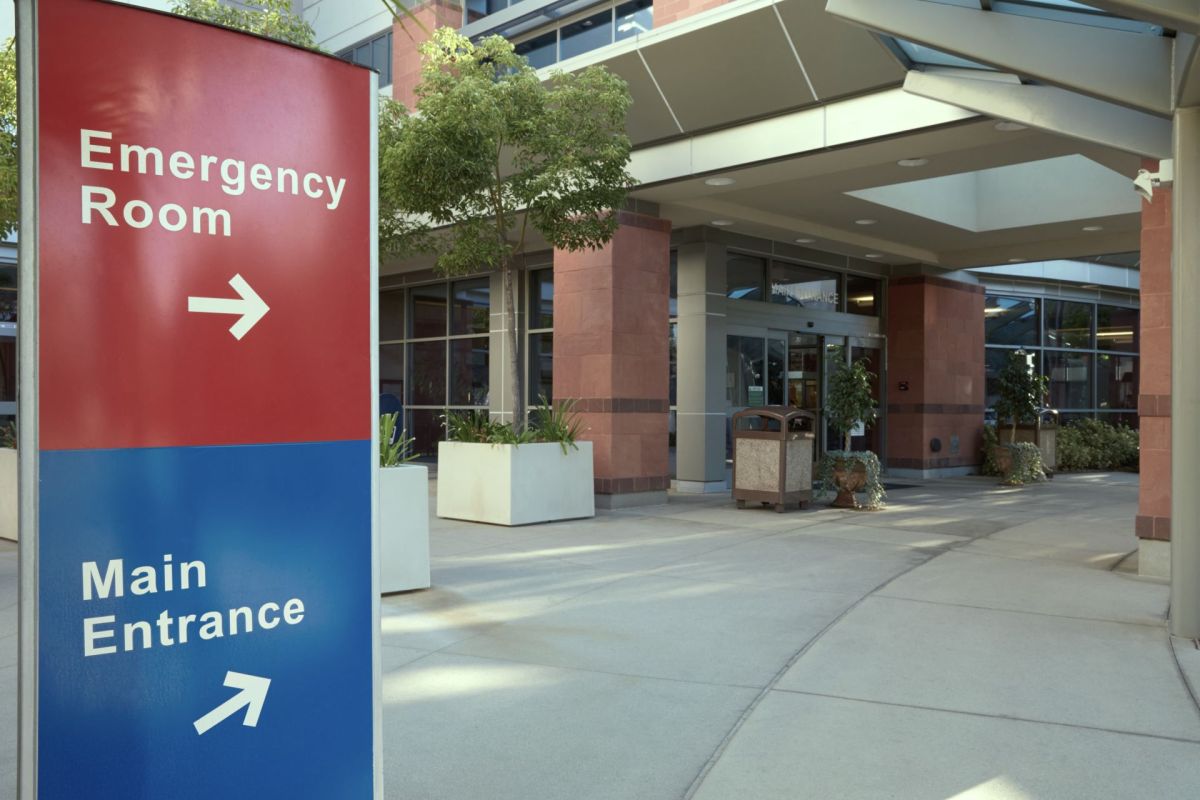California is upping the ante in its fight against air pollution by introducing a new law that will save residents over $32 billion in estimated medical bills.
The California Air Resources Board (CARB) is dedicated to getting pollution levels under control and maintaining better air quality in California.
While trains in general are much better for the environment as a mode of transportation compared to cars for passengers or trucks for freight, that does not mean they are without addressable flaws. Recently, the organization introduced a new regulation — called the In-Use Locomotive Regulation — that will require train companies to pay fees based on the amount of polluting gases they create in the state. Those funds will go toward building more environmentally friendly technologies.
Additionally, there will be a time limit on how long locomotives can idle and regulations aimed at having companies create zero-emission trains by 2030.
CARB is also offering perks, in the form of funding programs, to companies that want to transition to zero-emission trains early or surpass the guidelines.
"We are moving toward a future where all transportation operations in the state will be zero emissions," Liane Randolph, the chair of CARB, said in a press statement.
According to the Associated Press, the diesel fuel used by locomotives releases over 640 tons of "tiny pollutants" each year, which are responsible for 70% of the cancer risks that California residents face.
The decrease in these pollutants will be a huge gain for California residents and the state's healthcare system. CARB reports that the decrease in harmful gases from trains will prevent 1,500 emergency room visits and 3,200 premature deaths — in addition to the billions it will save in healthcare costs.
Along with that, cutting back on these harmful gases will help to slow rising global temperatures — an issue known for causing more intense storms and extreme heat, among other problems.
The new regulation has received mixed support.
According to Railway Age, the American Short Line and Regional Railroad Association voiced concerns. It said that the "spirit" behind the regulation matched their environmental goals, but the execution was "simply not feasible" for short-line railroads because they did not have the funding. They also cited to the AP that freight trains handle "roughly 1.6 billion tons of goods nationwide across nearly 140,000 miles ... much cleaner than if those goods were trucked."
However, others, like the container Port of Long Beach, were in support. The organization told Railway Age that it "embraces" the regulation, stating that "CARB's actions will certainly bolster our efforts and bring healthier air to all Californians."
One of those Californians, Jan Victor Andasan, an activist with East Yard Communities for Environmental Justice, said in the AP report there are areas like West Long Beach that are "surrounded by pollution" and that regulating trains in this way is a step in the right direction.
"We support rail, but we support rail if they're doing all their best to mitigate their emissions," Andasan said.
Yasmine Agelidis, an Earthjustice attorney, also spoke highly of the regulation. Speaking to The Hill, she referred to the new law as "a nation-lead standard" with "the power to change the course of history."
Join our free newsletter for cool news and actionable info that makes it easy to help yourself while helping the planet.









